|
Today we had a record number of fourth and fifth graders coming to after school tutoring and notebook clinic. I love seeing kids take charge of their education: when they came in they knew that they wanted to review different types of clouds, the difference between physical and chemical changes, the features of the ocean floor, how to measure matter with metric measurement tools, finding the volume of irregular objects, and of course, updating their science notebooks so they have accurate notes from which to study. Students formed study groups to analyze passages in the text, they worked independently to improve their understanding of diagrams, they received direct instruction to clarify concepts they learned in class, created problems for each other to solve, and practiced, practiced, practiced their measurement skills. We ended the day with calculating speed, which everyone loves doing!
 An inspiration from Humans of New York. This is what an electrical engineer looks like: https://www.facebook.com/humansofnewyork/photos/a.102107073196735.4429.102099916530784/891069327633835/?type=1&theater I hope you are all having a great break! Having this much-needed down time has given me a chance to post some of the great photos taken of our science projects and activities over the past months over in the 4th and 5th grade project galleries. Check them out here:
Fourth Grade Project Gallery Fifth Grade Project Gallery The archive is still growing, so check back often. I've got tons of really entertaining videos to share, too. I hope everyone gets some well-needed rest and is able to recharge for the quarter to come.
Over the break, 4th graders should work on their plant vocabulary book. They should write a definition and draw a picture for each entry. Some words may need to be researched in a dictionary, on line, or in their Science Fusion glossary. They should also do one question/assignment each day in their homework packet. It should not take more than five minutes a day to complete. If it takes longer, they should review the topic in Science Fusion, or look for help in StudyJams or other resources. 5th graders should be working on their Cell City! project. They should be working through their packet, drawing a preliminary map of their city, and collecting items to use for their 3D model. When they return they should be ready to correct and revise their work so they can get started on building and writing their final draft. Upon return, 4th graders should expect to continue to learn about plants, specifically reproduction and adaptations, participate in an investigation about other pigments in leaves besides chlorophyll, work on measurement and measurement tools, and take a close look at benchmark tests. Next topic of study is ecosystems, which will include a project on their favorite animal, its place in the food web, its habitat, life cycle and adaptations developed in response to their environment. 5th graders will also review their benchmark tests, finalize their Cell City projects, work on measurement, estimation and measurement tools, look deeper into testable questions and hypotheses, and begin to learn about classification and traits of organisms before we move on to studying ocean environments. Meanwhile, here is an interesting take on Sink or Float. It's a gif of Aluminium foil floating on sulphur hexafluoride gas with a much higher density than air. What do you observe and what can you infer from your observations? Can you come up with a testable question based on what you see? How about a hypothesis? 4A - Miss Short's homeroom 4B - Ms. Wood's homeroom 5A - Ms. Brookman's homeroom 5B - Ms. Robinson's homeroom Fifth graders will be testing on Thursday. They will take a 5th grade Science SOL test as baseline data. This will not be graded. They will also take a cumulative test on Nature of Science and what we have learned about cells so far (SOL 5.5 a The student will investigate and understand that organisms are made of one or more cells and have distinguishing characteristics that play a vital role in the organism’s ability to survive and thrive in its environment. a) basic cell structures and functions), which will be for a test grade. They can study from Science Fusion, vocabulary cards, and their Science Notebooks.
Fourth graders will be testing on Friday. They will take a cumulative test on Nature of Science and what we have learned about plants so far (SOL 4.4 a, c The student will investigate and understand basic plant anatomy and life processes. Key concepts include a) the structures of typical plants and the function of each structure; c) photosynthesis), which will be for a test grade. They can study from Science Fusion, vocabulary cards, and their Science Notebooks (but Science Notebooks must return by Monday!). Enjoy this light week of homework and use your extra time to study! Here is a short article written for the NSTA a number of years ago on the rationale behind the use of Interactive Science Notebooks. As fourth and fifth graders we aspire to the quality of thought and work this teacher's eighth grade students produce, but we are on our way. Using Interactive Notebooks for Inquiry-Based Science The interactive science notebook (ISN) is a perfect opportunity for science educators to encapsulate and promote the most cutting-edge constructivist teaching strategies while simultaneously addressing standards, differentiation of instruction, literacy development, and maintenance of an organized notebook as laboratory and field scientists do. Students then have a packaged notebook representing all of their learning throughout the year...[it is an extremely effective] innovation in enhancing general learning through the encouragement of writing across the curriculum, personalization, and metacognition strategies, while simultaneously serving to promote more specific inquiry-based science instruction by which students focus, experiment, reflect, and apply based on their personal connections to learning. See how Bethany Brookshire applied the Scientific Method to bake a better cookie for her friend. Many students may want to experiment with science. Unfortunately, some books can make it seem like you need a lab — or at least fancy equipment — to do real science. In fact, opportunities to form and test a scientific hypothesis are all around. A great starting place: your kitchen. If you are interested in seeing what your child's grades are looking like before grades go out in October, please let me know and I'll email you. In your email please include your child’s name and a phone number with which I can reach you if your child is not in my homeroom.
I am sure you are tired of hearing this but please remember that I cannot take late Reading Summaries. I am willing to take other late work. It is better to get a late grade than no grade at all! Also, I cannot make any exceptions on the Reading Summary grading (except for absences), as it is unfair to those students who followed the policy. I would suggest that they still do them even if they don't get credit so they can use them to process what they have read and study for tests. I have dropped the lowest homework grade to help out those kids who have had a hard time with the homework policy transition. Don't forget to check their work and sign them at the bottom for full credit. Another Science Notebook check (counting as a test grade) will be happening before the close of the marking period so it would be a good idea to get those in order asap. Days for Notebook Clinic can be found at the bottom of the Weekly Homework Sheet. Also: I could definitely use some volunteer work. Classroom needs include copying, laminating, sorting papers, filing papers, etc. Please email me when you’d be able to come in and I’ll have work for you. THANK YOU!!! Parents, would you do me a favor and shoot me a quick email to let me know who is using the website on a regular basis and how you are using it? I'd like to determine if it is a resource that is worth continuing as it does take a considerable amount of time to maintain. If it is not being used much I'll revert to handouts in class and emails to the parents who have submitted their emails to me.
Thanks so much, Ms. Wood |
*BLOG*...bringing you updates, reminders and a bunch of fun stuff for students and parents. Updated regularly. Archives
August 2016
Categories
All
|
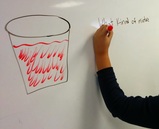
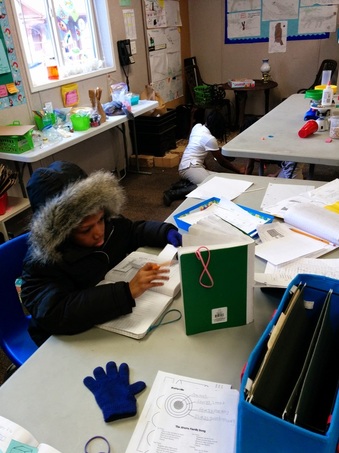
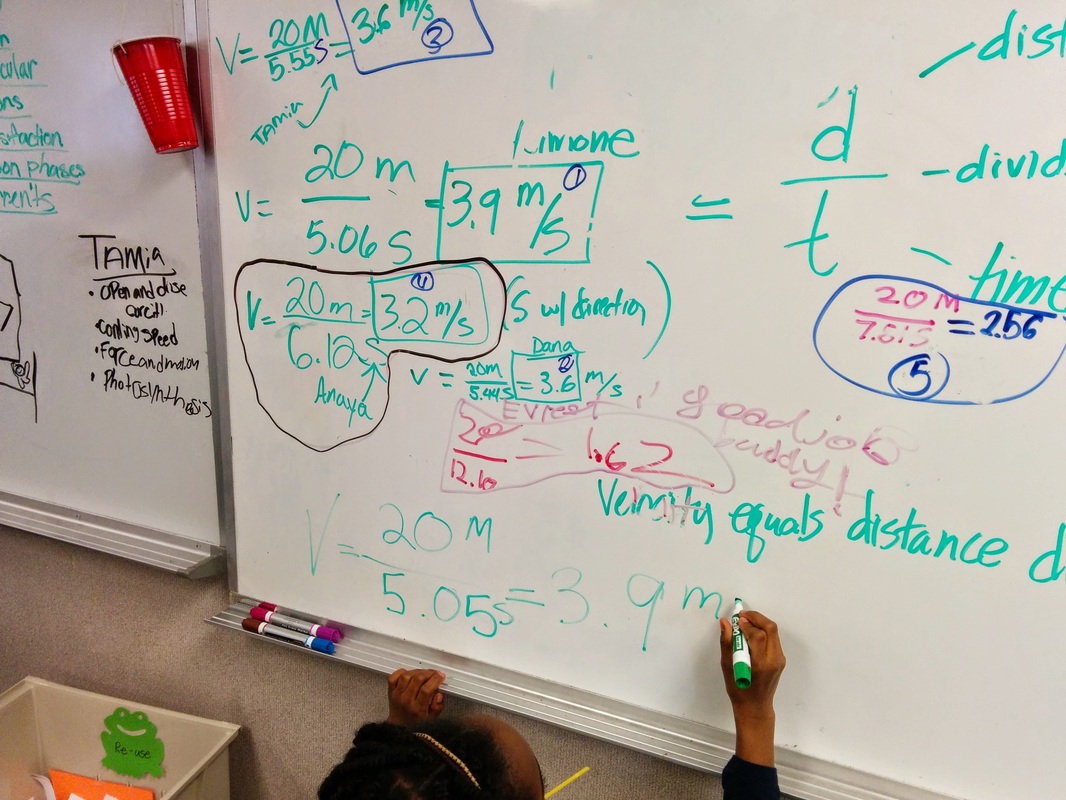
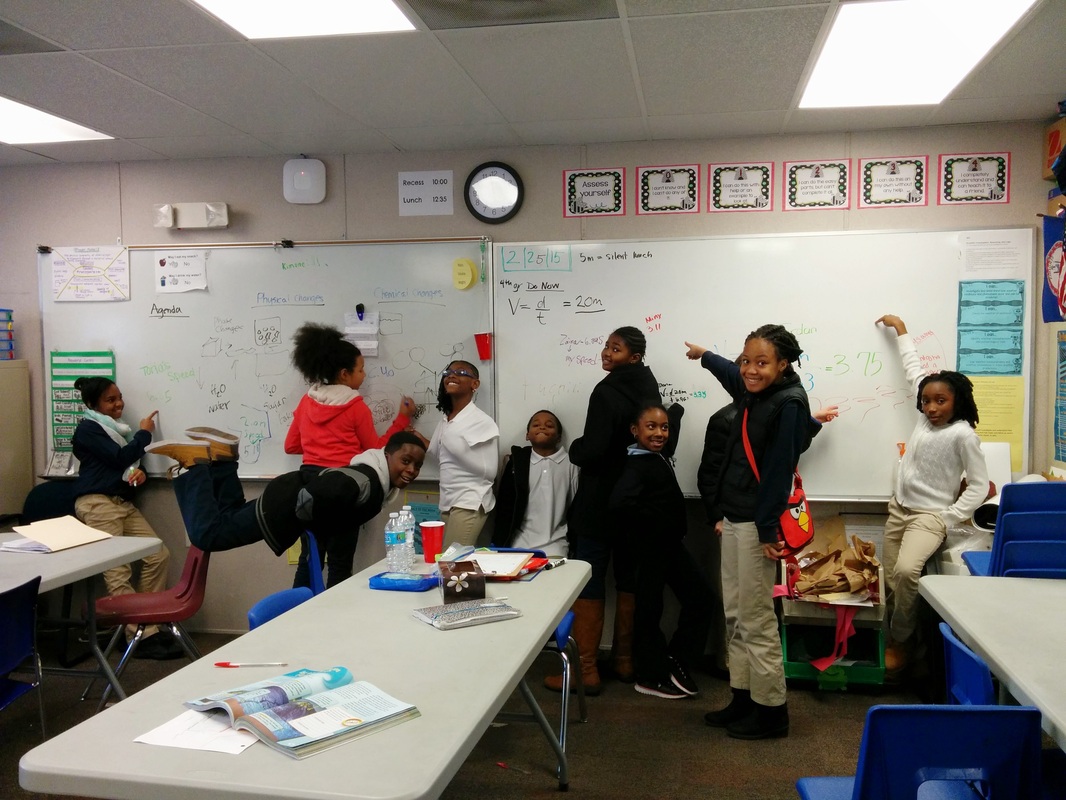
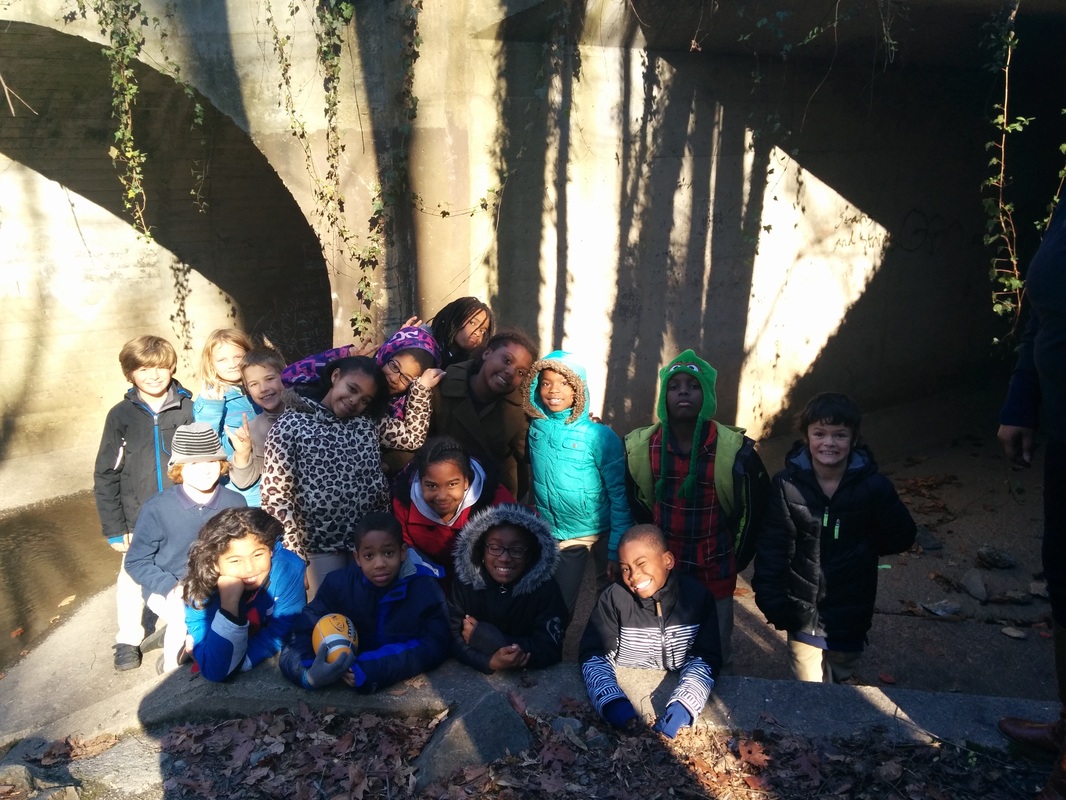
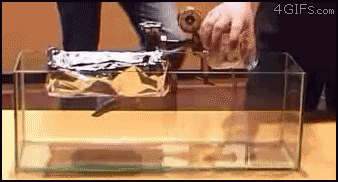
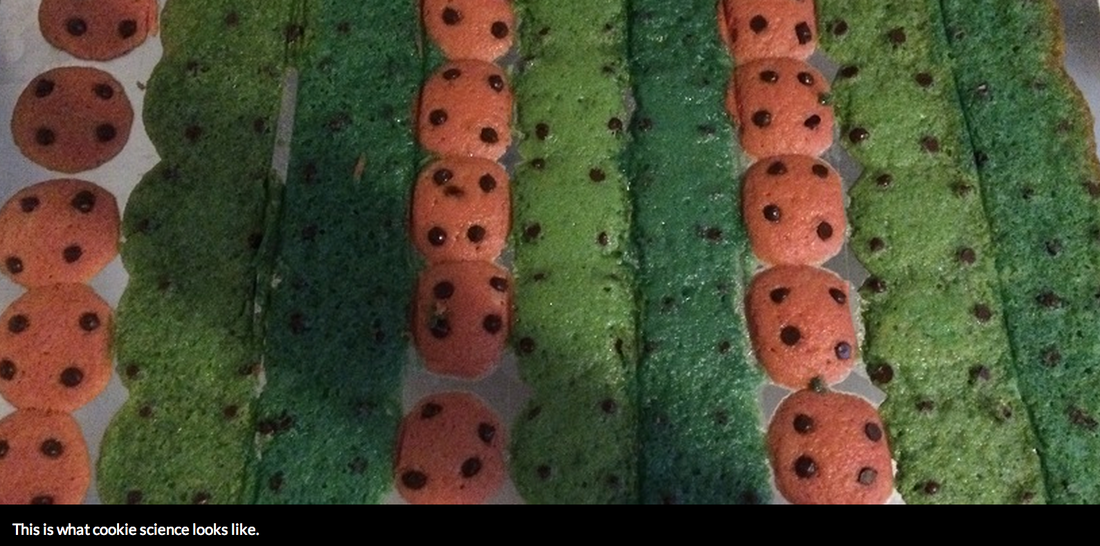
 RSS Feed
RSS Feed
